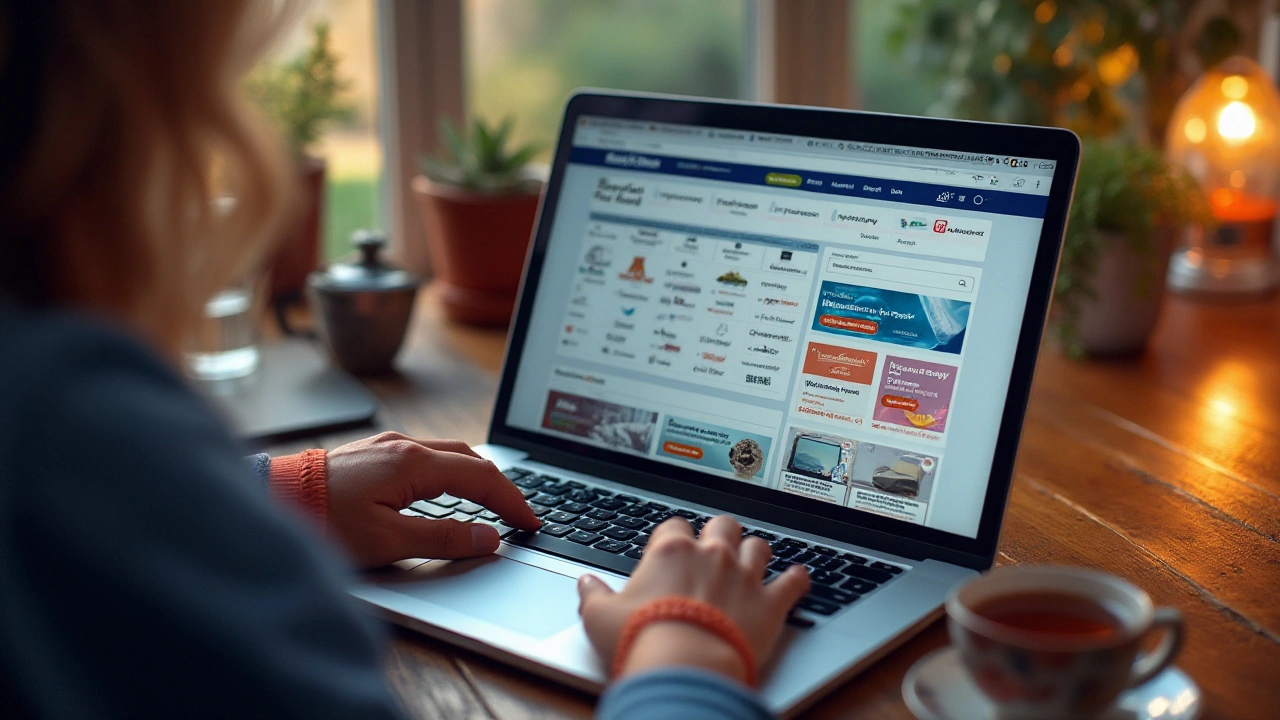Buying medicine from the wrong UK online pharmacy can cost you more than money — fake drugs are a risk.
If you live in the UK and need meds, knowing which pharmacies you can trust saves time, worry, and health.
Start with registration.
Real UK pharmacies display their GPhC registration number and the MHRA logo if they handle regulated products. Type that number into the GPhC register to confirm the pharmacy name and address. If you can’t find registration details on the site or the number doesn’t match, walk away.
Prescription rules matter. Any UK pharmacy that sells prescription drugs must ask for a valid prescription from a UK-registered prescriber. If a site offers controlled meds without asking, it’s a red flag. Over-the-counter products are easier to buy, but check if the product details match the licensed British formulations.
Look for clear contact options. A trustworthy shop lists a physical address, a phone number with local code, and an email you can use for questions. Chat widgets are handy, but make sure you can reach a pharmacist by phone or email if something goes wrong.
Read the fine print. Check the returns policy, delivery times, shipping fees, and how they store cold-chain medicines like vaccines. Good pharmacies explain side effects and contraindications clearly and link to patient leaflets. GDPR and privacy statements should be easy to find too.
Price is important but don’t chase the cheapest offer. Extremely low prices may signal counterfeit or expired stock. Compare prices across a few trusted sites and factor in delivery time and customer service. Generic versions can be safe and cheaper when supplied by a licensed pharmacy.
Watch payment security. Look for HTTPS, a padlock icon, and familiar payment processors. Avoid sellers asking for bank transfers to personal accounts or payment via untraceable methods.
Reviews help, but read them with care. Look at third-party review sites and recent comments. A single negative review isn’t a deal breaker, but patterns of poor delivery, wrong items, or bad customer service are.
Delivery and customs.
UK-based pharmacies usually deliver faster and face fewer customs issues than overseas sellers. If ordering from abroad, check import rules for medicines and whether customs may delay or reject your parcel.
When in doubt, ask your GP or a pharmacist directly. They can advise whether a medication you found online is suitable and where to buy it safely. Use online pharmacies that partner with UK clinics or provide real pharmacist consultations.
Keeping things simple: verify registration, require prescriptions, confirm contact info, protect payments, and choose reasonable prices. Follow those steps and you’ll cut the risk when buying meds online in the UK.
Also check who handles returns and recalls. A good UK pharmacy will notify customers about recalls and arrange replacements quickly. If a medicine seems different in color, smell, or packaging, stop use and contact the pharmacy immediately. Keep receipts and prescription records until you are sure the treatment worked without problems. Ask for pharmacist advice whenever you feel unsure please.

